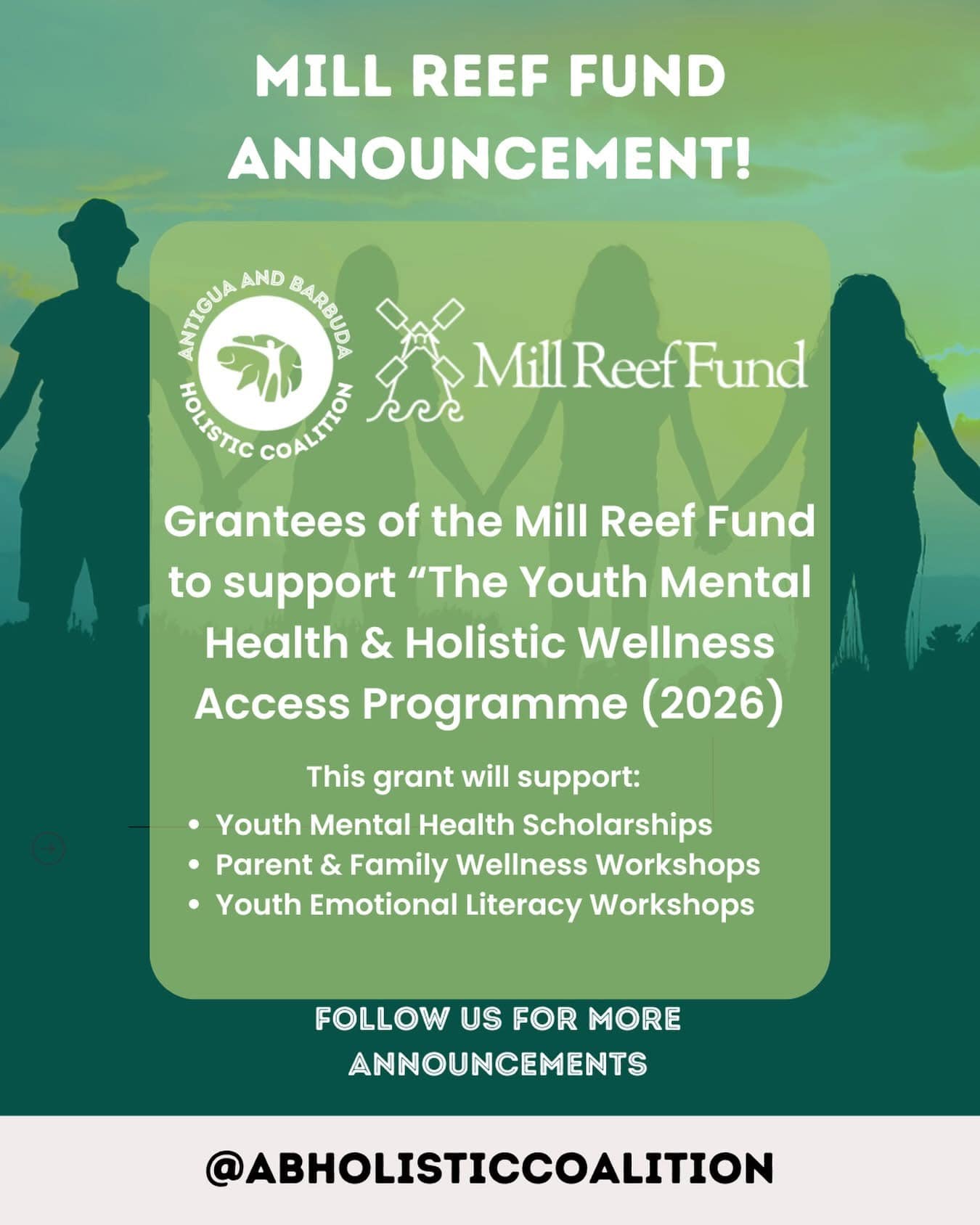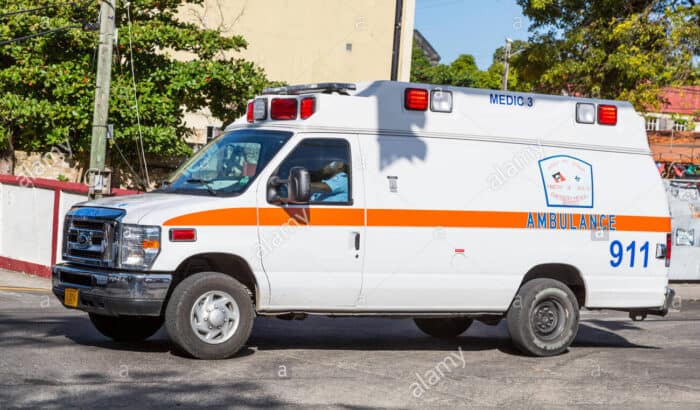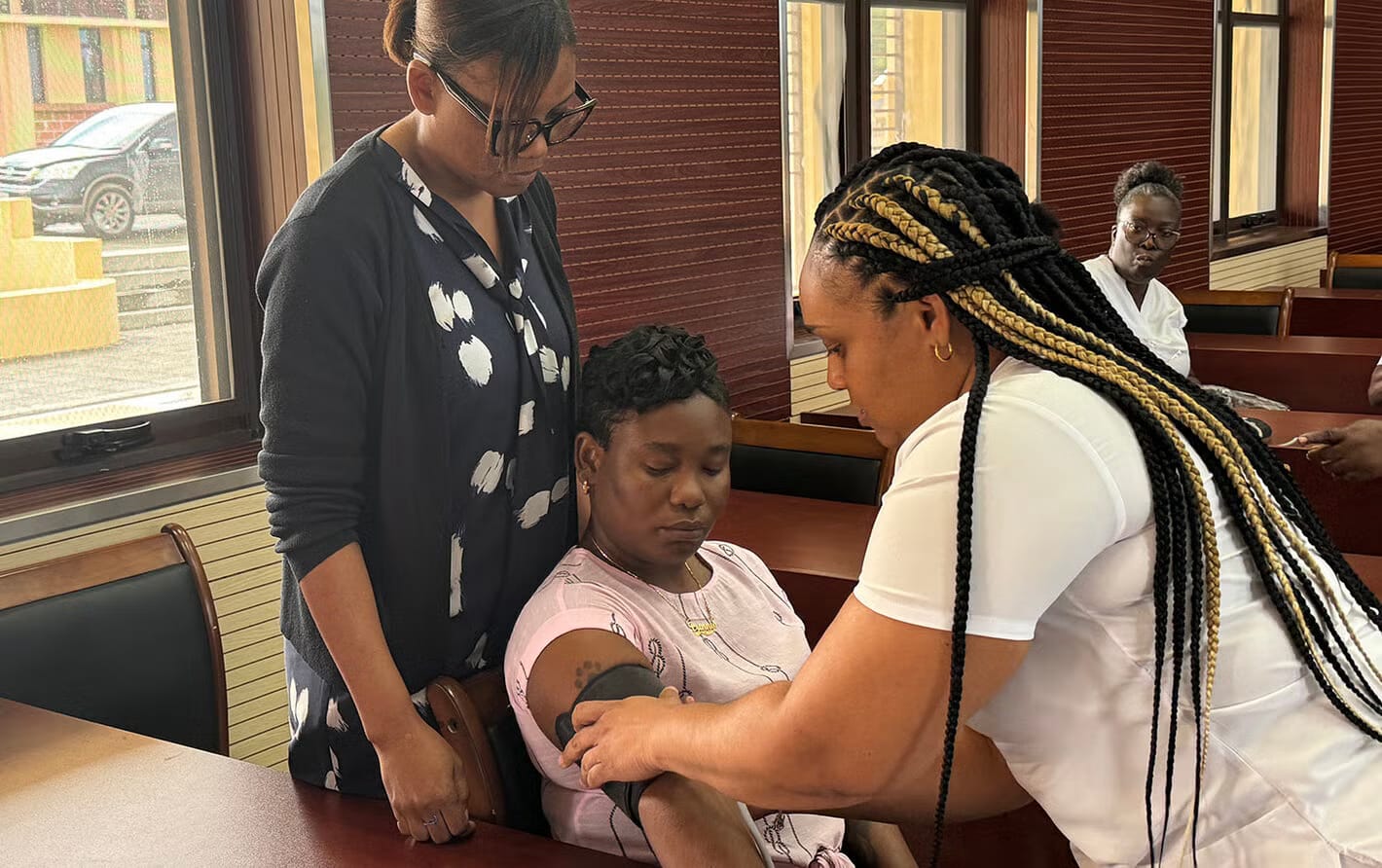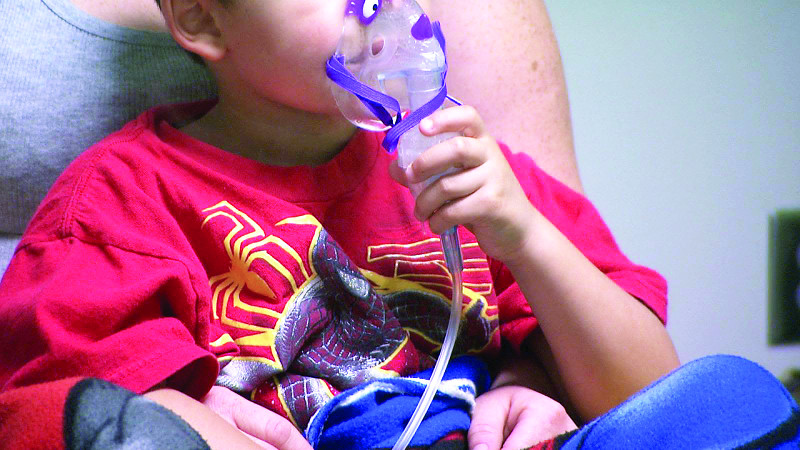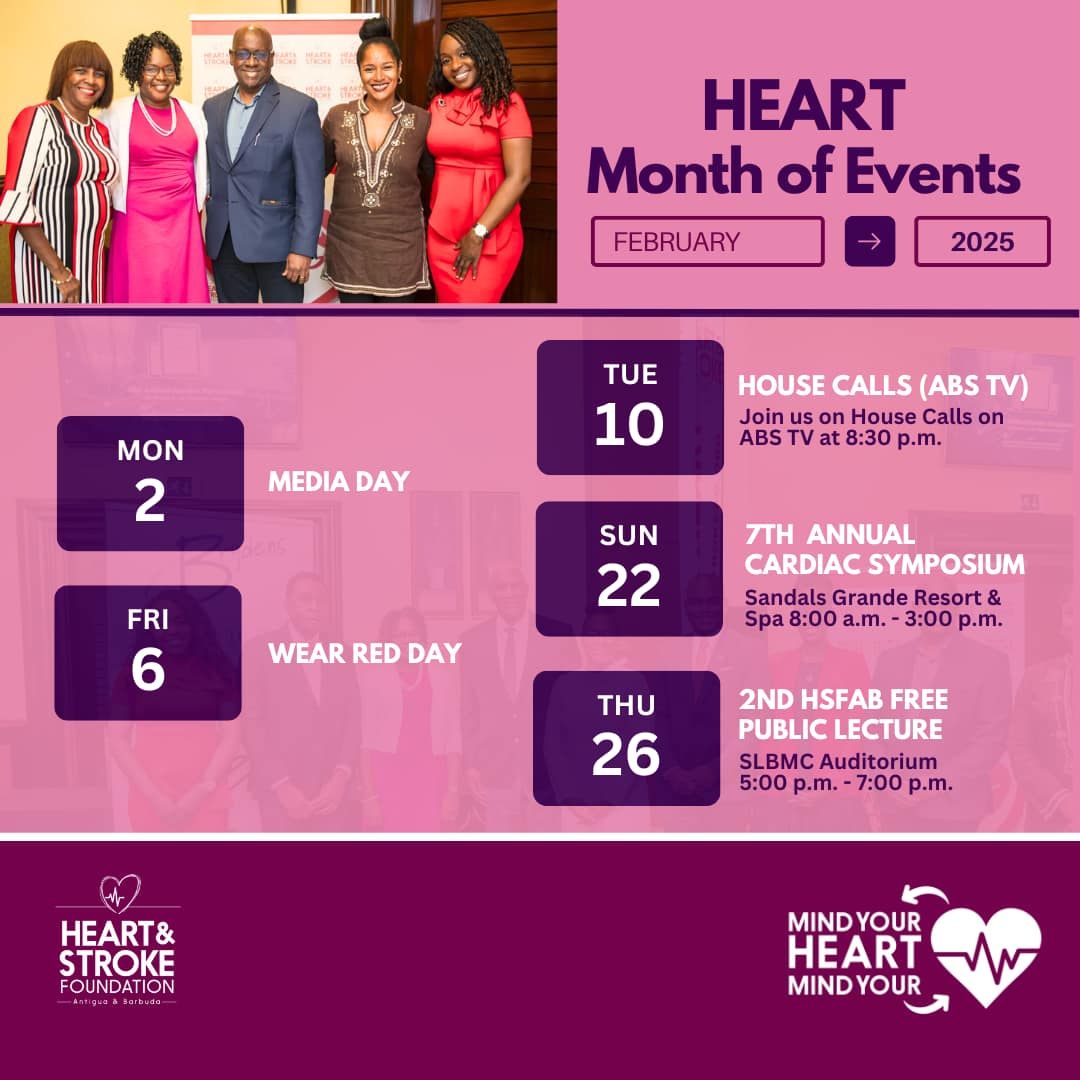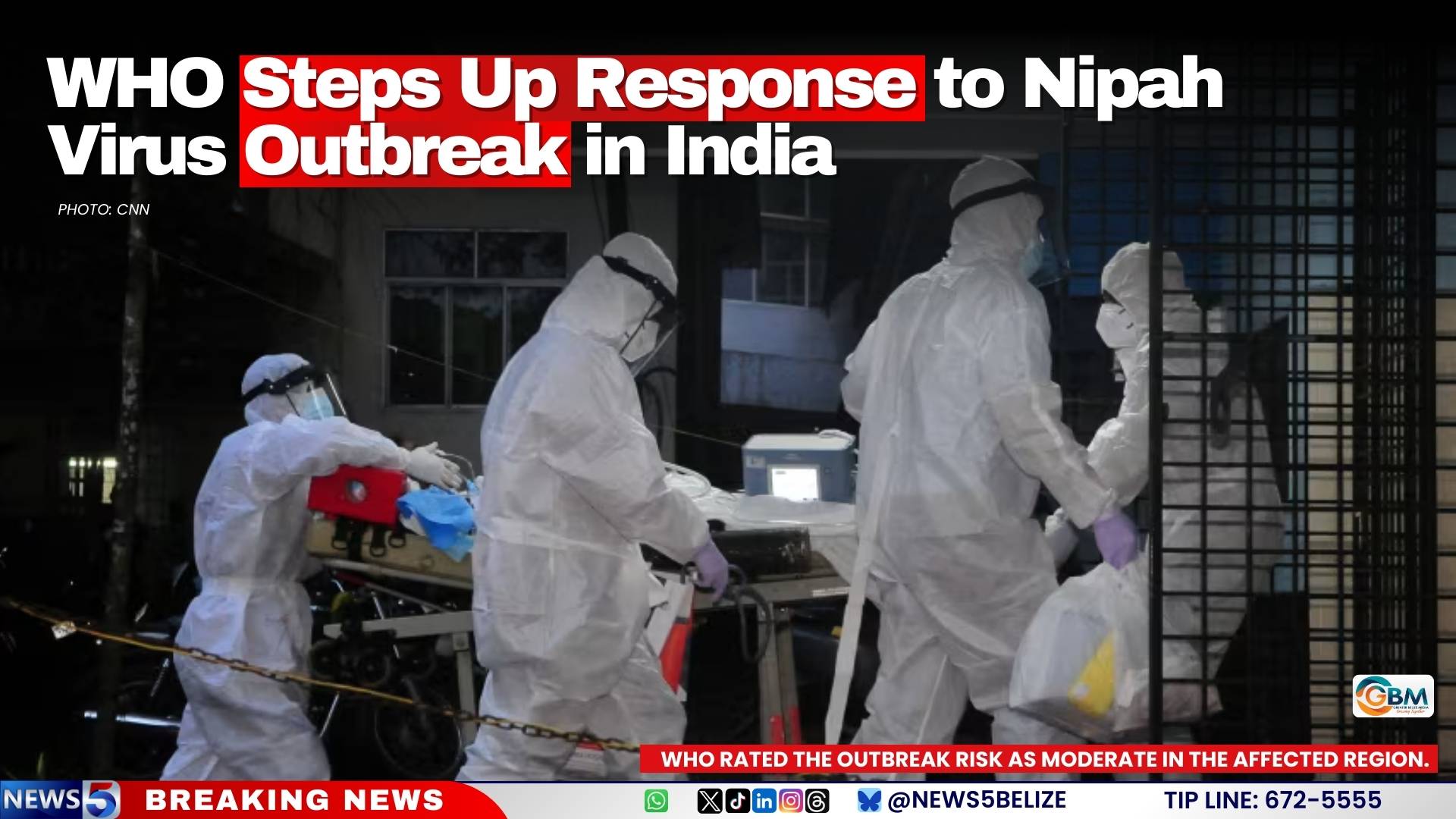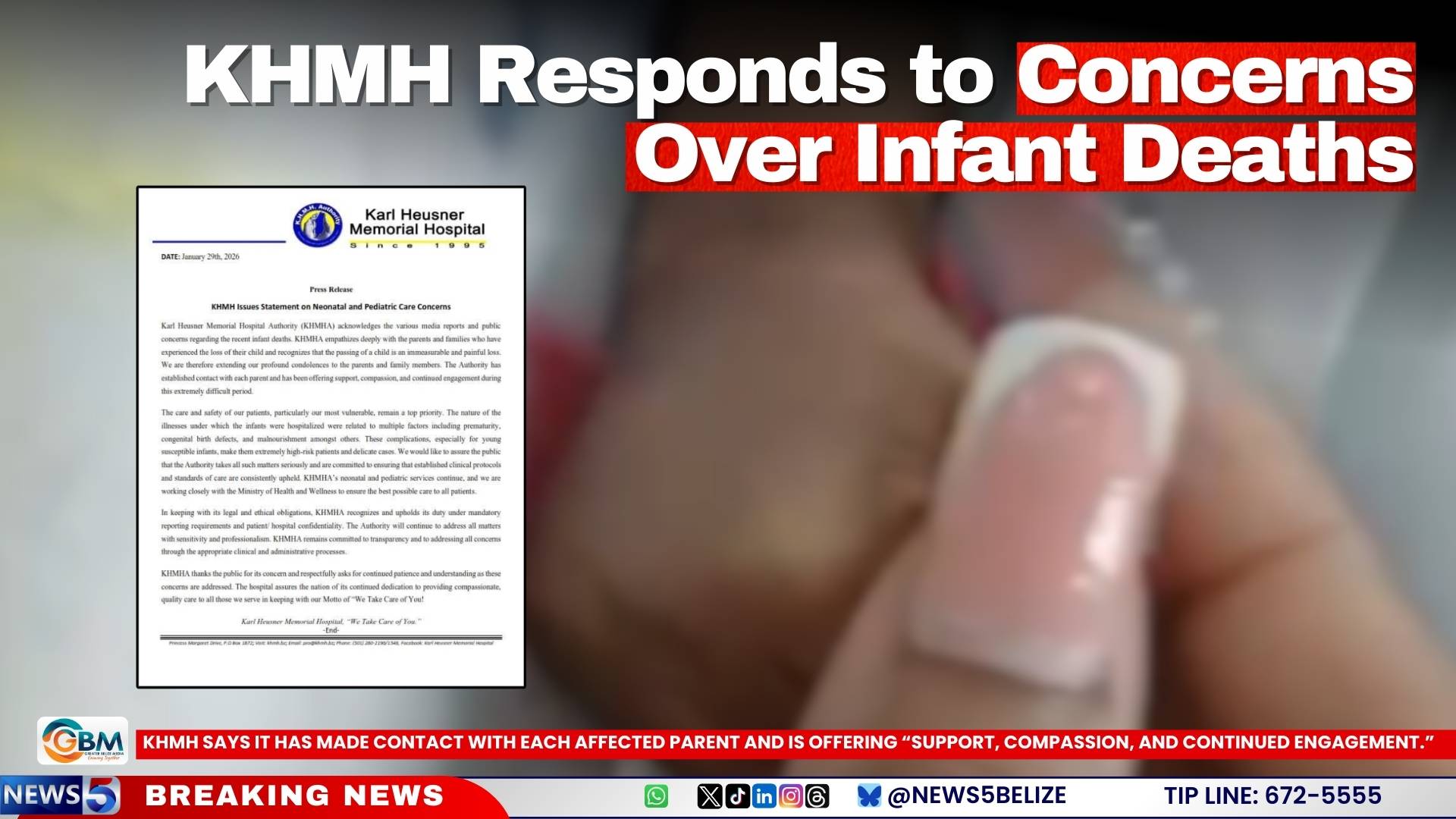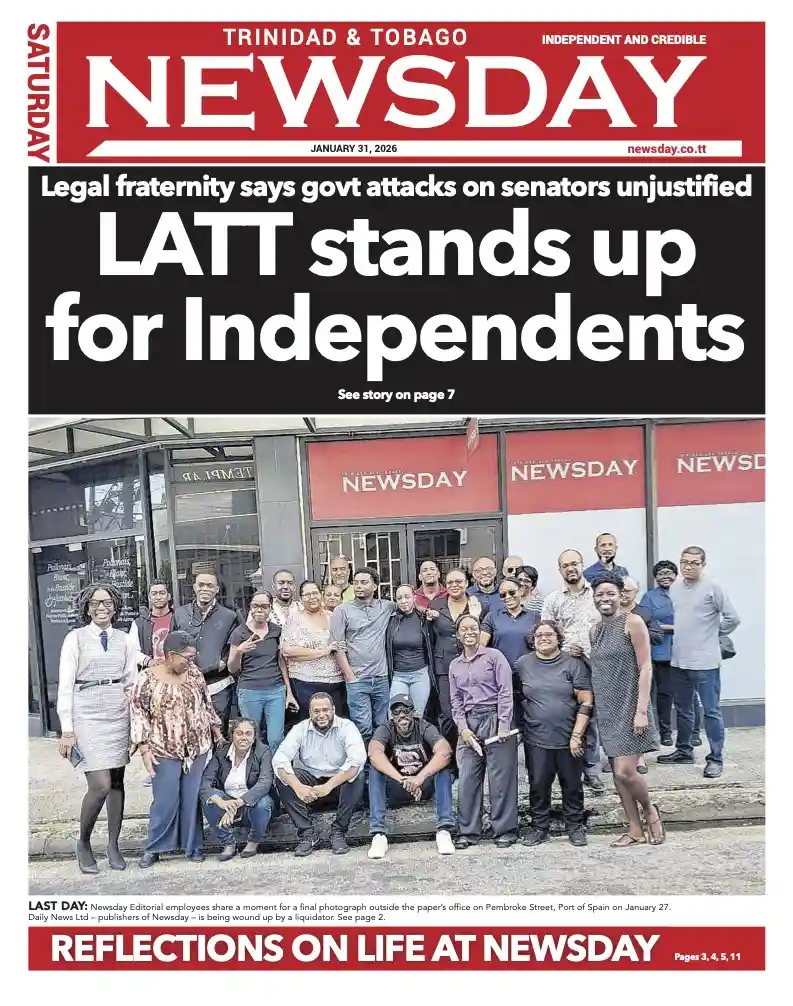ROME — In a landmark move to safeguard child health, the European Food Safety Authority (EFSA) has announced the first scientific benchmark for a dangerous toxin found in powdered milk products. The Italy-based agency established an acute reference dose (ARfD) of 0.014 micrograms of cereulide per kilogram of body weight for infants.
This decision comes amid a massive global recall initiative affecting over 60 countries, including France, where major manufacturers like Nestle, Danone, and Lactalis have pulled products from shelves since December. The newly proposed safety thresholds specify that concentrations exceeding 0.054 micrograms per liter in infant formula or 0.1 micrograms per liter in follow-on formula could surpass safe consumption levels.
EFSA clarified that its scientific opinion provides EU risk managers with critical guidance to determine when products should be withdrawn from the market as a precautionary public health measure. The toxin cereulide, produced by certain bacteria, is known to cause severe digestive problems including vomiting and diarrhea according to health authorities.
The regulatory action follows tragic developments in France where two infant deaths prompted criminal investigations after consumption of formula recalled by Nestle due to possible bacterial contamination. However, the French health ministry emphasized that no definitive causal link has been established between the deaths and the contaminated products.
The European Commission specifically tasked EFSA with creating this safety standard following the escalating international incident, marking a significant step toward unified food safety protocols across member states.

